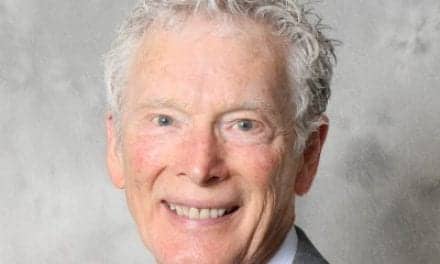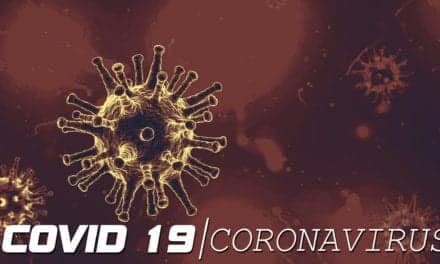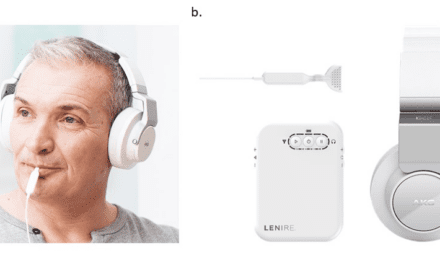Detroit — The first national treatment guideline for sudden hearing loss has finally been published in the journal Otolaryngology-Head and Neck Surgery.
Sudden hearing loss is the rapid onset of hearing impairment in one or both ears. Patients typically report having a feeling of a full or blocked ear. The new guideline was developed by a 19-member panel led by Robert J. Stachler, MD, an otolaryngologist in the Department of Otolaryngology-Head & Neck Surgery at Henry Ford Hospital in Detroit.
"In most cases, patients will have multiple visits with several physicians and undergo extensive testing before a diagnosis is made. There’s also been a lack of one or more uniformly accepted treatments, or a consensus on how to counsel patients who do not fully recover their hearing," said Dr Stachler in the press statement. He added, "By focusing on opportunities for quality improvement, the guideline should improve diagnosis, reduce unnecessary tests and imaging procedures, and improve hearing for patients affected by sudden hearing loss."
The panel developed the guideline after reviewing past research and reaching a consensus for patient diagnosis, management, and follow-up care. The guideline includes:
- Recommendations to help clinicians distinguish conductive hearing loss from sensorineural hearing loss in patients with sudden hearing loss. Both are common causes of hearing loss, but they have very different treatment strategies.
- Information to better educate patients about the benefits and risks of medical intervention.
- A range of amplification and hearing assistive technology available to those patients with incomplete recovery of hearing.
- Recommendations against clinicians ordering computer tomography (CT) of the head/brain as part of the initial patient evaluation.
In addition to sudden hearing loss, the guideline covers sudden sensorineural hearing loss (SSNHL).
The complete guideline is published as a supplement to Otolaryngology-Head and Neck Surgery, and can be downloaded at www.entnet.org.
SOURCE: Henry Ford Hospital




